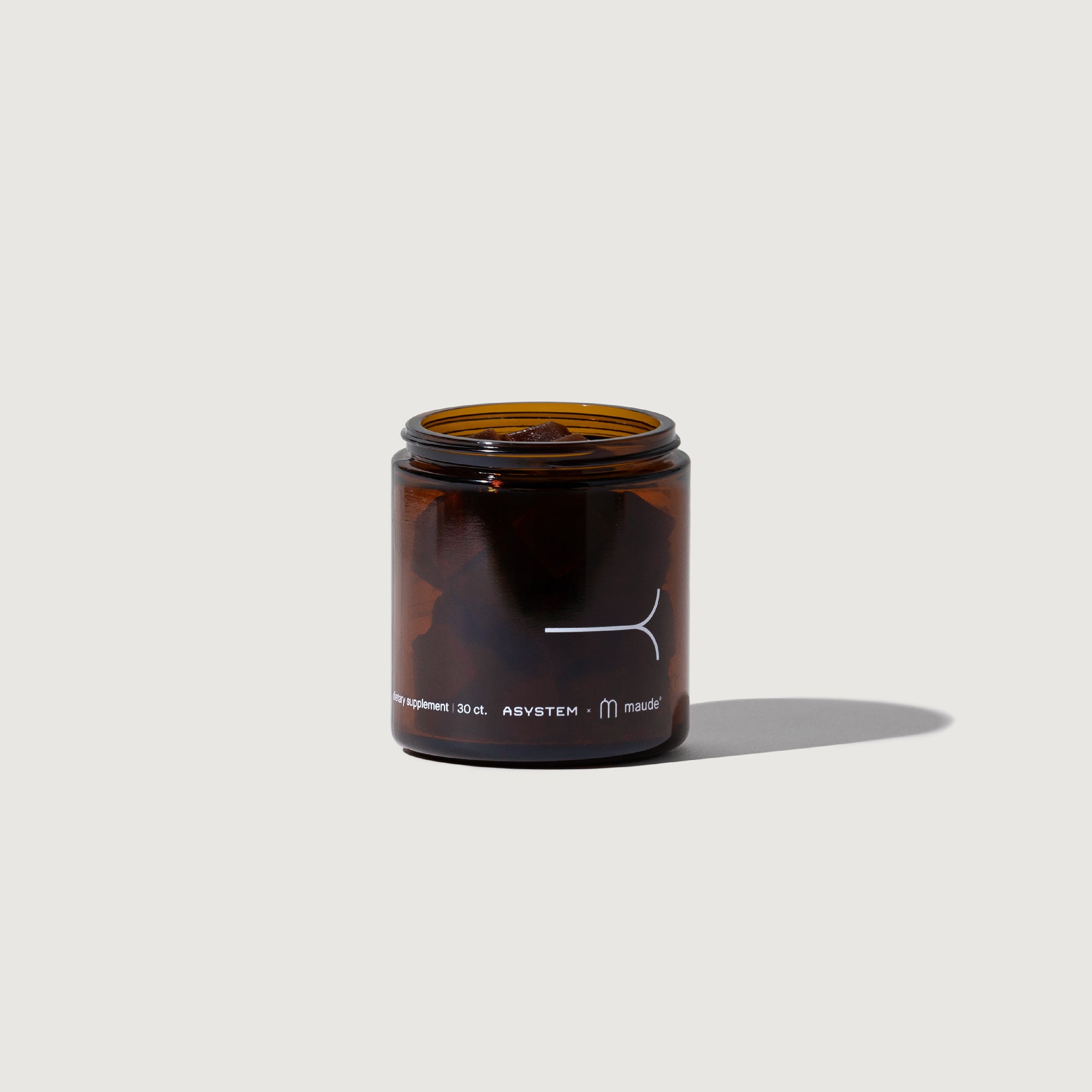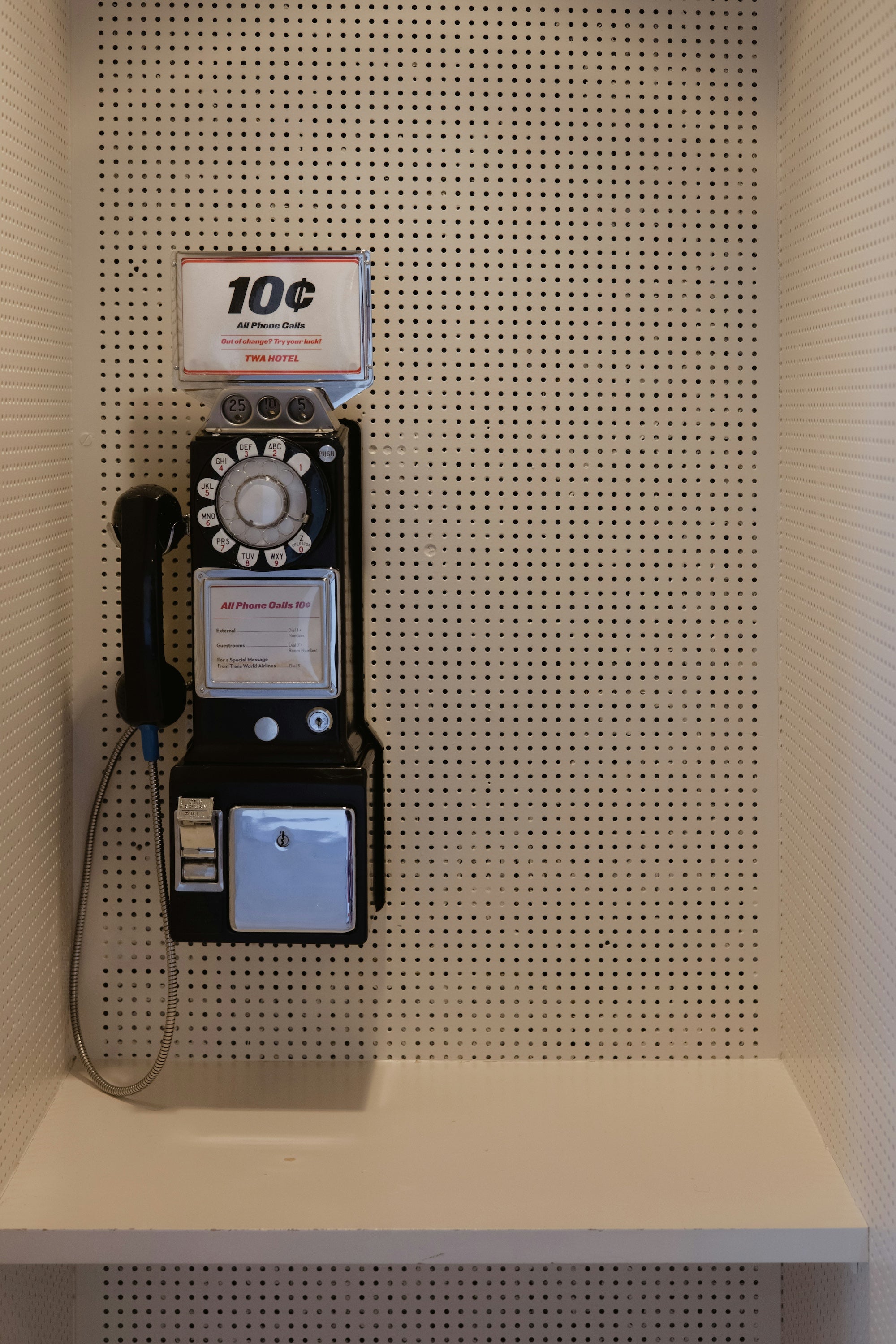Auditory turn ons.

Listen closely.
Sexy stories
Dirty talk has a long history, with erotic storytelling as an idea cropping up in most cultures — often the story that survives is one of someone, in turn, telling sexually explicit stories. Scheherazade, in The Thousand And One Nights, span detailed erotic tales — they have ended up being a lot less well-known than, say, Aladdin and Ali Baba, but there are a en enormous amount of them in there. The Marquis de Sade’s 120 Days of Sodom revolves around the telling of debauched stories inspiring ever more unhinged sexual acts (with the author stating, "among libertines, it is commonly accepted that the most voluptuous sensations are transmitted by the organs of hearing"). The best-known of all of Chaucer’s work is the stuff where people tell each other bawdy tales.
Just as the Kindle kick-started a resurgence in erotic literature, as people could read it anonymously in pubic, erotic audio has also experienced a boom. However, while ‘erotica’ is often seen as being solely for women, up to one-third of listeners to audiobook erotica are thought to be men.
There is also a growing industry of audio-described porn—ostensibly aimed at blind and visually-impaired users, adding a layer of audio description to existing porn clips.
The heat of the moment
What about talking during sex? Swearing can have a pain-relieving effect — someone who hits their thumb with a hammer and turns the air blue will actually experience less agony than someone who does the same and shouts “Oh gosh!” — and talking explicitly can apparently stimulate the same areas of the brain, but in the absence of pain.
Speaking in intimate moments seems to enhance the experience in terms of how your brain experiences it. Just as both speaking out loud and listening are better for memory retention than only reading something, this aural element arouses more parts of the brain: the preoptic area and the suprachiasmatic nucleus, both located within the hypothalamus, are key to sexual arousal, and stimulated by talking and listening.
Who says what?
A recent study in the Archives of Sexual Behaviour, ‘Few Differences in Sexual Talk by Gender/Sex and Dyad Type: A Retrospective and Daily Diary Study with Couples’, examined how men and women in both mixed- and same-gender couples used ‘individualistic’ (self-focused) and ‘mutualistic’ (focused on sharing or their partner) sexual talk. Couples kept diaries and were interviewed after five weeks. Fewer differences were found than might have been assumed — there was no significant correlation between sexual identity and how much individualistic sexual talk one took part in, while women (both those in relationships wth men and those in relationships with women) reported doing more mutualistic sex-talk when looking back at the whole period, but not on a day-to-day basis.
An Australian study from 2015 titled ‘An Examination of the Nature of Erotic Talk’ similarly found few sex differences in how erotic talk was used. It collected examples of dirty talk from respondents and split them into categories: dominance, submission, instructive statements, positive feedback, emotional bonding, sexual ownership, speaking fantasies and reflexive calls. While there were some small gender differences — with, generally, women responding most to emotional bonding and men responding most to submission — these were outweighed dramatically by the similarities.
Good moaning
But it might all be less about content than intimacy. A survey done for Superdrug, an online store (i.e. not necessarily a scientifically-conducted one) saw 44% of respondents cite moaning as the sexiest thing they could hear from their partner.
A 2012 paper in the International Journal of Relationship Research found that verbal communication of pleasure during sex (as opposed to non-verbal) did not necessarily correlate with sexual satisfaction. A 2020 study published in the same journal looking specifically at young people’s relationships found that, when it came to sexual communication, ‘positive relational disclosures’ were more likely to predict an enjoyable sexual experience than erotic talk.
The importance of communicating about sex in terms of a couple’s relative satisfaction comes up in study after study — not just the whats and wheres, but the whys. And, rather than an over-the-top performative version, people in relationships stand to benefit the most from frank discussions about feelings, preferences and motivations. This might seem more mundane than conjuring up elaborate scenarios and imaginative nicknames — which seem to be a tightrope at the best of times btw, with one in five respondents to the Superdrug survey reporting being addressed by a poorly-chosen or outright insulting nickname during sex, derailing the experience entirely — but if the numbers are anything to go by, is likely to be far more constructive.





